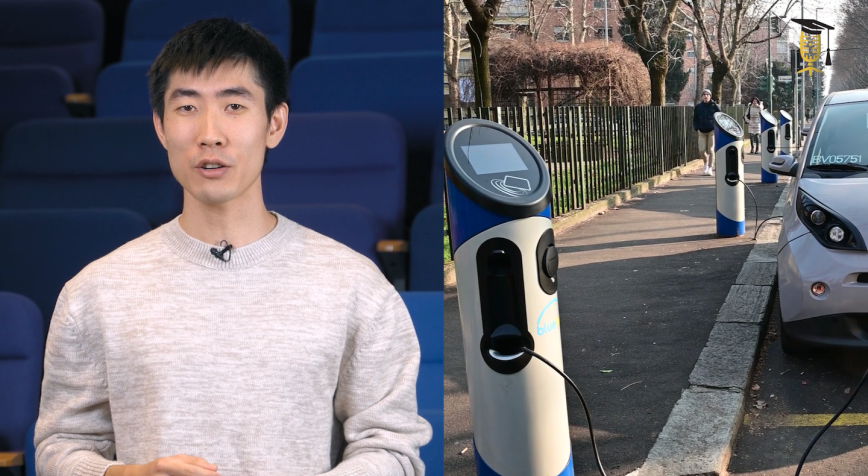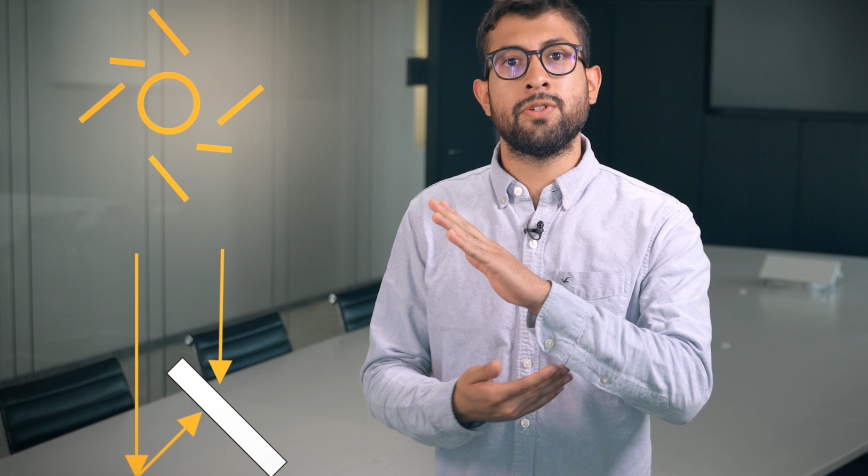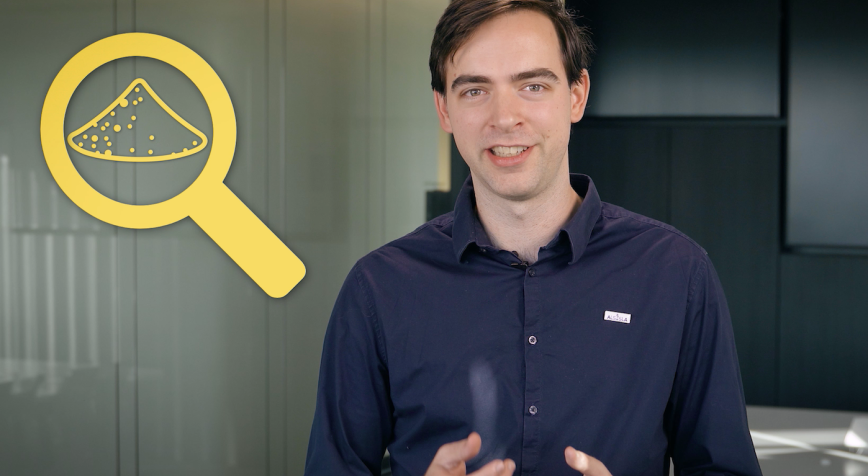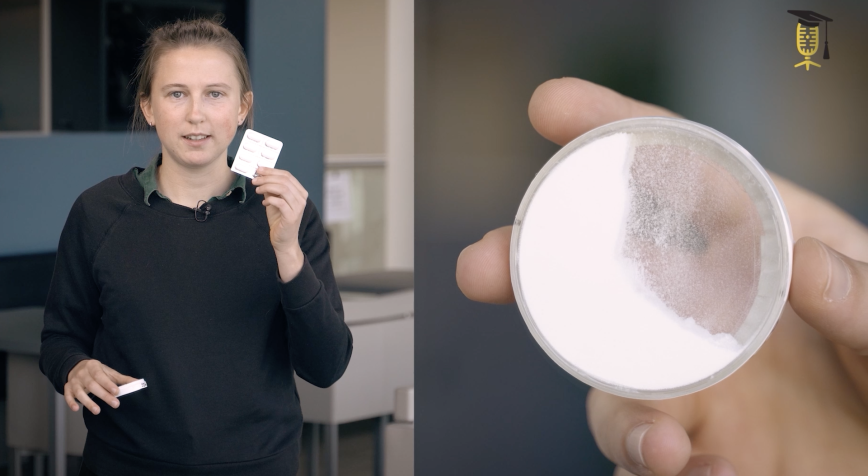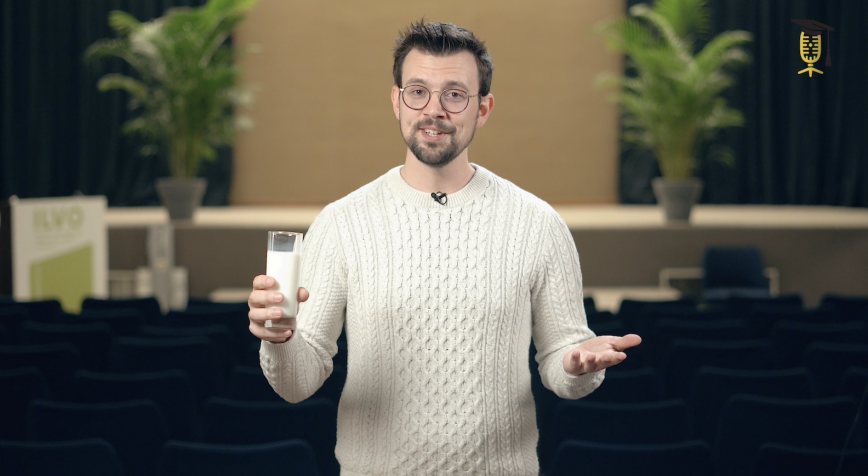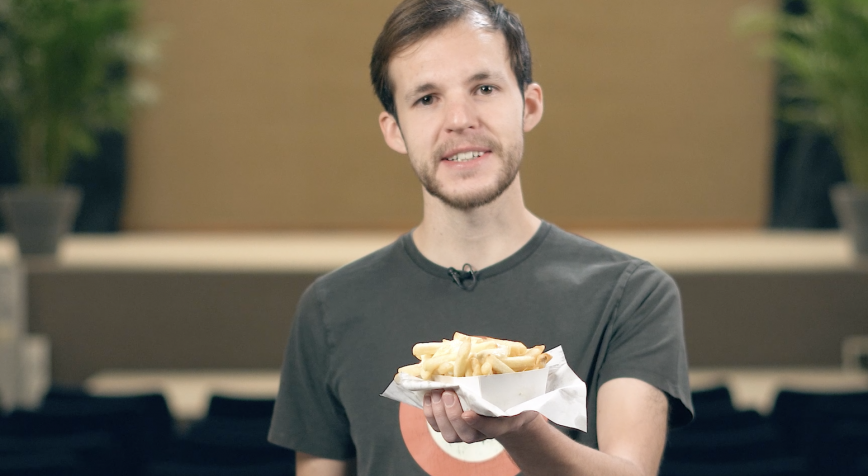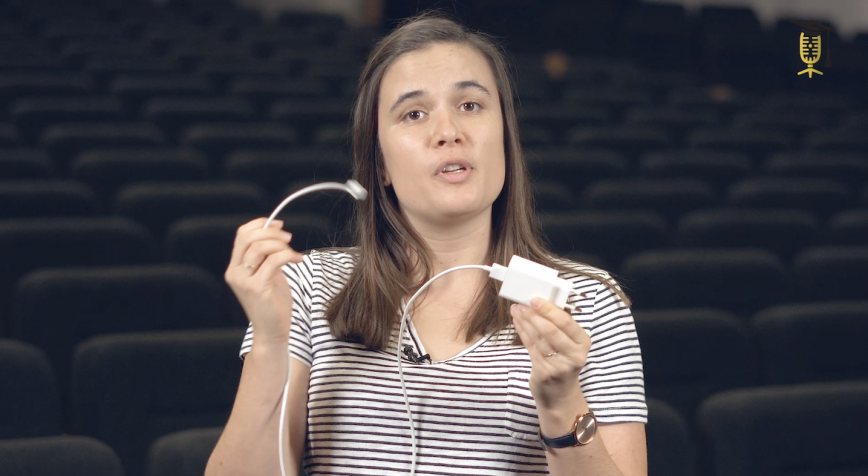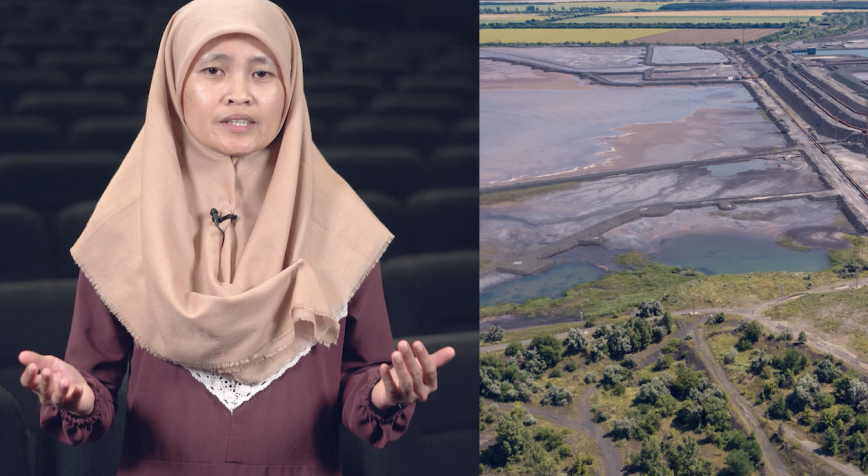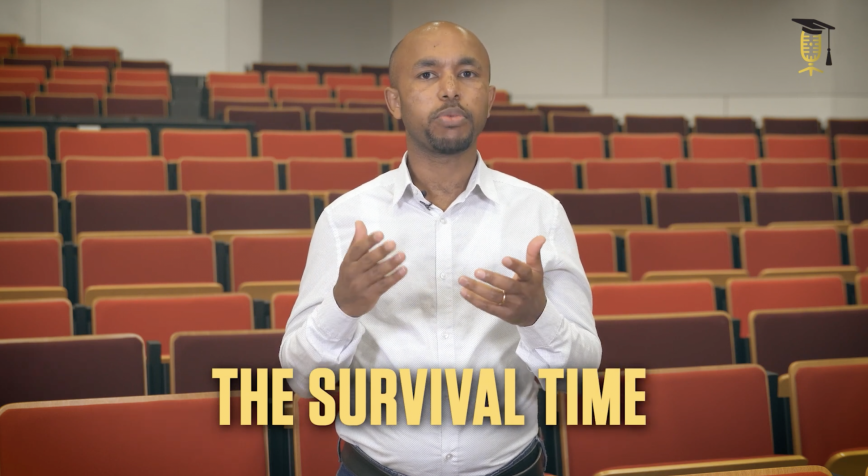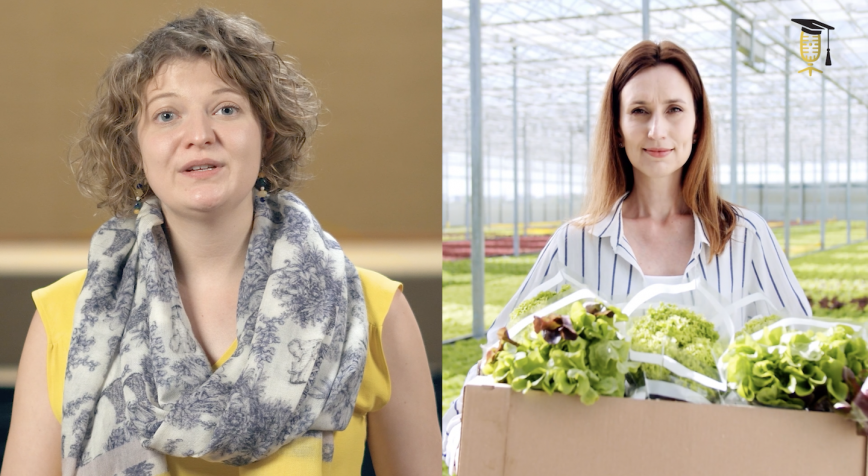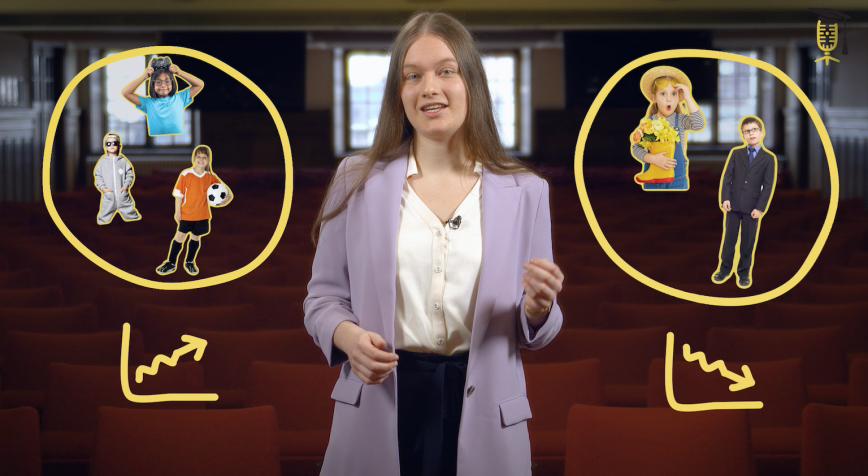
KU Leuven
Showtime! Stereotypes about English loanwords in children
'Yow', 'Peace', 'Man'. Those English loanwords fly around joyfully when Melissa Schuring asks children for her research to briefly imitate a rapper. Very different, in fact, from when she has them play a farmer or a minister. Experiments like this teach her more about the development of linguistic stereotypes in children. In her video, she tells you more about her research.
